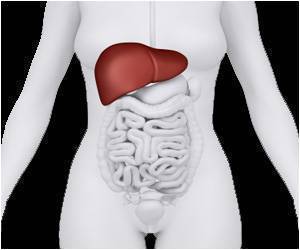
‘Lack of CD70 protein has been characterized by increased susceptibility and poor immune control of Epstein-Barr virus (EBV) and, in some cases, an EBV-associated cancer called Hodgkin's lymphoma.’
Tweet it Now
The researchers studied two unrelated sets of
siblings with similar immune problems and determined their symptoms
were likely caused by a lack of CD70. Scientists at the National Institute of
Allergy and Infectious Diseases (NIAID), part of NIH, conducted the
research with an international team of collaborators.Both sets of siblings had evidence of uncontrolled infection with EBV, a common and usually mild virus, which resulted in the development of Hodgkin's lymphoma in three of these children. Each child also had other immune symptoms, such as reduced activity of pathogen-fighting T cells, low production of antibodies and poor activation of antibody-producing B cells.
The researchers analyzed the genomes of all four children and found that each had two mutated copies of the CD70 gene, resulting in nonfunctioning or nonexistent CD70 proteins. All four parents, who had healthy immune systems, had only one copy of the mutation - indicating that CD70 deficiency follows an autosomal recessive pattern of inheritance.
This means affected individuals receive a flawed gene from each parent in order to have symptoms. Each of the four children has recovered from Hodgkin's lymphoma and is receiving antibody infusions to help bolster the immune system.
This work also offers insight into the normal role of CD70. Previous studies showed that CD70 interacts with another immune cell protein called CD27, an interaction that may be important for the proper function of lymphocytes. This hypothesis is affirmed by these latest findings on CD70 deficiency.
Advertisement
Source-Eurekalert













